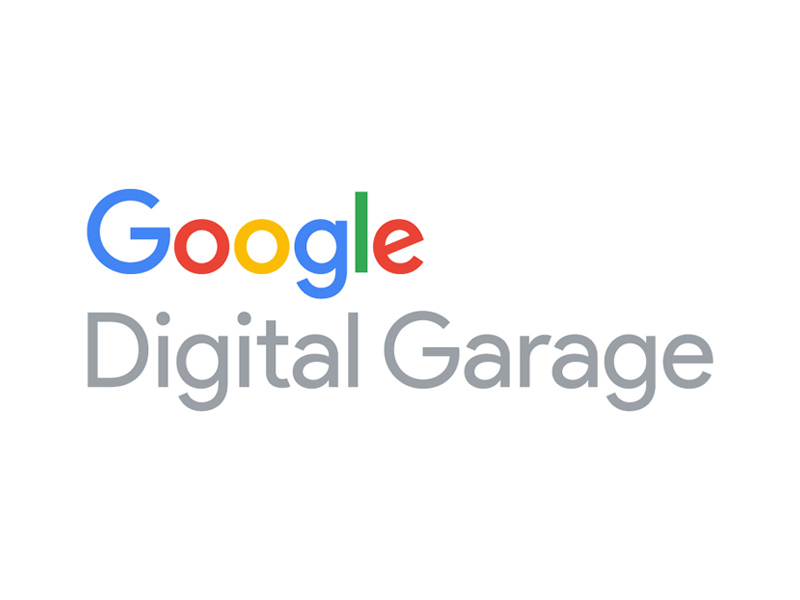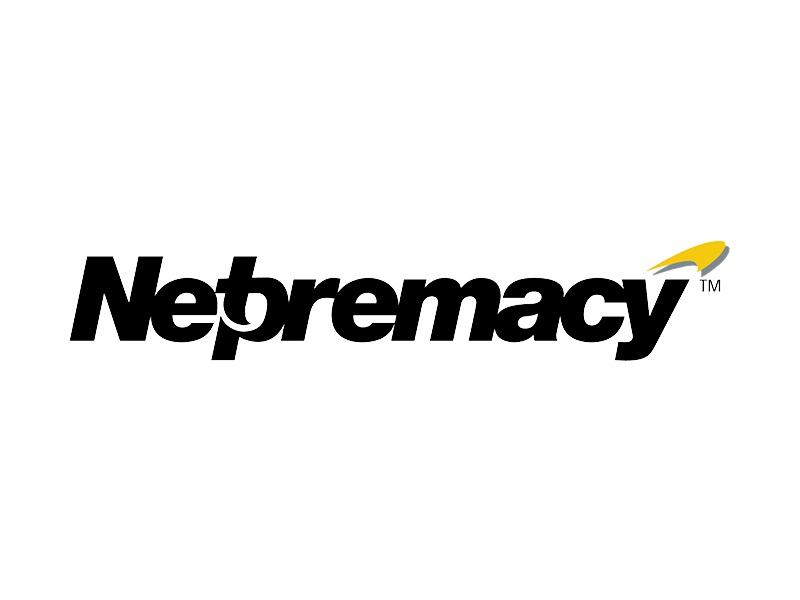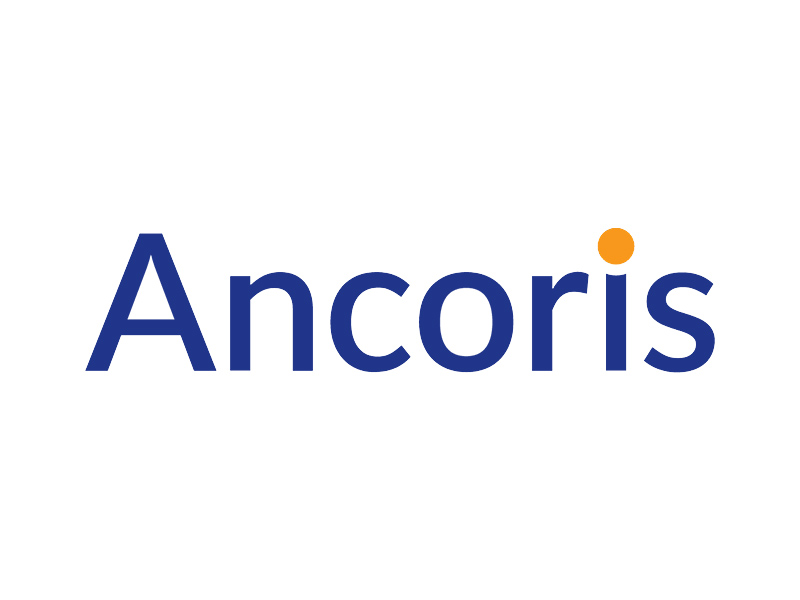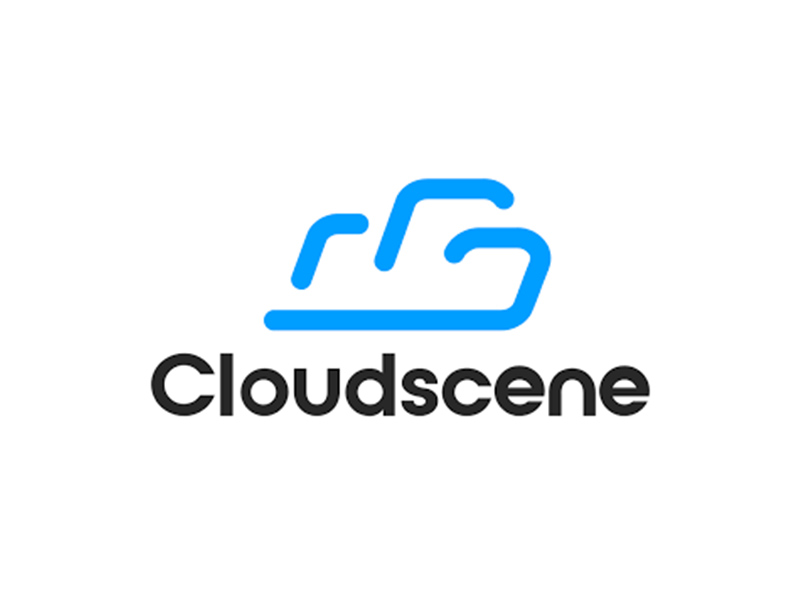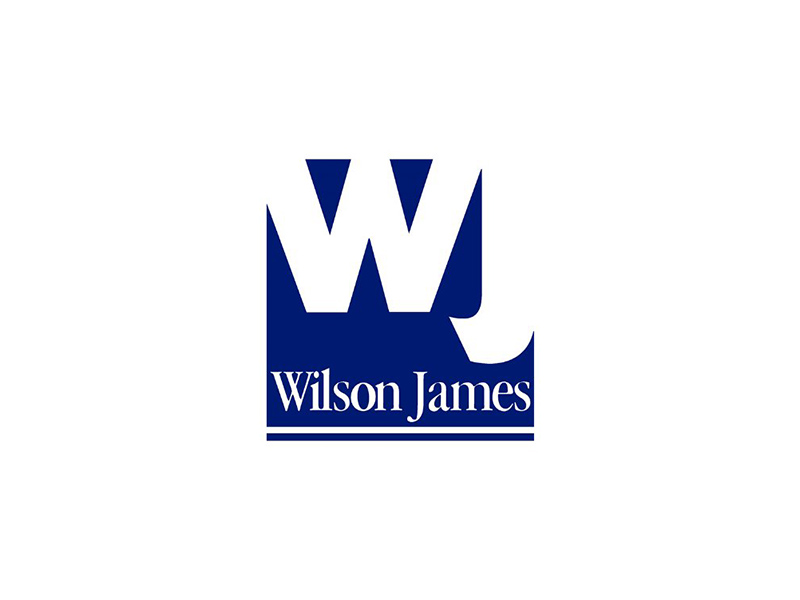The digital terrain in 2023 is evolving more rapidly than we’ve ever seen. As businesses adapt to changing economic climates and emerging technologies, areas such as cloud computing, automation, and IoT have become focal points of their digital transformation strategies. A recent Google survey highlighted that 41.4% of cloud leaders are enhancing their use of cloud-based services and products. Similarly, the 2022 McKinsey Global Industrial Robotics Survey indicates a planned 25% capital spending on automated systems over the next five years.
In the face of these evolving digital realities, resilience and strategic innovation are vital. In this post will delve into the current state of these new technologies, looking at their role, the challenges they present, and their future projections in the digital landscape. Armed with the latest data and trends, we aim to provide insights that help you navigate the complex world of digital transformation.
Cloud Computing: The Ascend to the Digital Sky
Cloud computing has long surpassed being a tech buzzword. It’s now a fundamental pillar of digital transformation strategies. In a world where real-time data, accessibility, and scalability are paramount, cloud computing’s significance cannot be overstated. However, businesses aren’t merely dipping their toes into the cloud; they are actively migrating on-premises workloads to the cloud (32.8%, according to Google).
Moreover, the quest for strategic partnerships in the cloud space has become evident. The majority (54%) of global tech and business leaders desire a cloud service provider that can help identify technology strategies to increase revenue or reduce costs.
However, the migration towards cloud-based tools is not without its hurdles. The transformation requires careful planning, investment, and a deep understanding of the cloud’s intricacies to ensure seamless and efficient integration.
Automation: Powering Up Productivity
Automation has proven to be a key player in driving efficiency and productivity. For many businesses, automated systems are set to account for 25% of capital spending in the next five years, according to McKinsey.
With the retail and consumer goods sector leading the pack, 23% of respondents from this sector plan to spend more than $500 million on automation in the next five years. Despite the high cost of robots being a challenge for many (cited by 71% of McKinsey respondents), the potential gains in productivity and efficiency make a compelling case for this investment.
But as with any technological advancement, a significant challenge lies in companies’ general lack of experience with automation, which 61% of respondents noted. Addressing these hurdles requires a combination of upskilling, strategic planning, and careful implementation.
Internet of Things (IoT): Connecting a Smarter World
The Internet of Things has evolved from being a futuristic concept to a digital revolution that is transforming how businesses operate. Frost & Sullivan predict that there will be 41.76 billion active IoT-connected devices globally in 2023, driving an 18% growth in connections compared to 2022.
This surge in IoT adoption is leading to significant market growth. The global IoT market, which stands at $478.36 billion in 2022, is expected to reach a staggering $2,465.26 billion by 2029, at a CAGR of 26.4%.
Moreover, the rise of edge computing, expected to generate $3.71 billion in revenue in 2023 (172% growth compared to the previous year), is poised to drive IoT’s evolution further, offering faster data processing and better network performance.
Even with its potential, the IoT journey isn’t a straightforward one. Navigating challenges such as security concerns, data privacy, and integration complexities are part of the process. Yet, with strategic planning and a clear understanding of IoT’s potential, businesses can harness its power to drive operational efficiency, customer experience, and overall business growth.
Conclusion
As the digital landscape rapidly evolves, embracing cutting-edge technologies like cloud computing, automation, and IoT is no longer optional – it’s a necessity. Recognising this, Chesamel remains at the forefront of these digital transformations, ensuring we stay in sync with the latest tech trends and equip our clients with the tools they need to navigate this complex landscape.
However we’re not just leveraging these technologies; we’re embedding AI into our DNA, harnessing the power of AI-driven insights to fuel strategic decision-making and drive innovation. We aim to equip our clients with this same mindset, transforming challenges into stepping stones to success.
Whether you’re starting your digital transformation journey or looking to enhance your existing strategies, Chesamel is a tech-focused partner that can guide you every step of the way. Our 12 years of expertise and commitment to staying ahead of the curve make us an ideal companion in this fast-paced digital era. Reach out to us today, and let’s redefine the future of your business together.







